
3 November 2017
Dr Sarah Walpole writes her story for CHPI:
How widespread is the practice of NHS hospitals providing clinical cover to private providers, and what reimbursement does the NHS receive for providing these services?
Working as a junior doctor in the NHS, I was asked by a consultant on a number of occasions to ‘clerk’ (review) his or her private patients. Later, as a senior house officer, I was asked to order investigations, prescribe medications or take blood tests for private patients; and as a cardiology registrar, I was asked to clerk or monitor the progression of new private patient admissions to NHS wards.
I met these requests with some uncertainty as to what my role should be, and, latterly, decided to investigate further. When I asked my consultants in my most recent NHS post it emerged that none of them knew the policy regarding who should see and treat private patients.
When I interviewed trainees from a range of specialties and regions of the UK about their experiences of being asked to see private patients while working in the NHS, all had been involved in the care of private patients and none of them knew what policy was in this regard. Through contact with the BMA, I established that junior doctors can usually be ‘part of the package’ that private patients pay for, however, it is unclear whether a junior doctor’s contract obliges them to provide care to private patients. The BMA suggested that I could discuss this with my seniors if I did not feel comfortable providing care for private patients, and in my case, my supervisors were understanding and accepted this.
A more concerning issue emerged from an interview with a medical registrar. She described how she was pulled away from supervising the medical take (i.e. supervising junior colleagues in the admission of new patients) at her NHS hospital to attend patients who had deteriorated acutely in a private hospital located on the NHS hospital site. This would usually happen out of hours, and she would be called by the RMO (Resident Medical Officer), a junior doctor on-call in the private hospital), when he or she was unable to manage a patient. She did not remember ever seeing the private patients’ consultant attending.
This registrar was not aware of what the policy was regarding clinical advice and support for the private hospital, or about reimbursement for such services provided by NHS staff; but she was concerned about the impact on NHS patients, given the frequency with which she was being asked, during her time on-call in the NHS hospital, to cross the car park to review sick patients in the private facility. Accessing notes for these patients was also often difficult, and they were often very unwell by the time she was called, so it would frequently take an hour of her time.
I decided to investigate how widespread the practice of NHS hospitals providing clinical cover to private providers is, and what sort of reimbursement the NHS is receiving for these services. I sent FOI requests to all 153 acute trusts in England asking them to state whether they have any contracts with private providers, and if so, the nature of the services provided and any reimbursement given.
After the 20-day period within which trusts are required to respond, 84 trusts (54%) had responded. The trust containing the car park that the medical registrar mentioned above had run across, failed to respond to the FOI request.
Of the 84 trusts that responded, one trust stated that it was not able to provide any information about agreements with private providers as this information would take more than 18 hours to extract. This, and the fact that 49 trusts did not reply at all within the required 28 days, raises the question of what the extent, complexity and transparency of this trust’s agreements with private providers might be.
Of the remaining 83 who responded, 28 trusts (34%) said that they have no agreement for provision of services with any private provider; while 33 trusts (40%) stated that they provide clinical services of some kind to private healthcare providers. Twenty-two trusts (27%) said that they procure services from private healthcare providers but do not provide services to private providers. The most common type of service provided by NHS trusts to private hospitals is diagnostics, including laboratory work, x-rays, CT or MRI. Thirty trusts provided diagnostics, in most cases on a cost-per-case basis. Three trusts said that they provide on-call junior doctor cover in the form of telephone advice or clinical review, and nine provide on-call specialist advice from consultants. Eight had an agreement to allow elective admission of patients from private facilities, for example to ITU after an operation. Fifteen trusts provided another type of service, for example, blood transfusion or equipment sterilisation.
Of particular interest were responses from three hospitals that provide services to private hospital providers without receiving any reimbursement. One trust provides junior doctor and consultant advice for no charge, and a second said that they provided consultant advice about patients in a private facility (which they state sometimes leads to emergency admission of these private patients to the NHS hospital). A third hospital stated that they have an agreement to provide a cardiac arrest team to Medlin and Spire hospitals if required, and they receive no reimbursement for this.
These three cases represent subsidies from the NHS to the private sector; NHS hospitals providing services to private providers for no charge. And there may well be other trusts that receive reimbursement at less than the cost of providing services to private providers. Arrangements between private and NHS healthcare providers need to be made fully transparent, and the use of NHS resources to support the profit-based private sector should be avoided or fully reimbursed.

https://chpi.org.uk/blog/nhs-hospital-subsidies-private-hospitals/







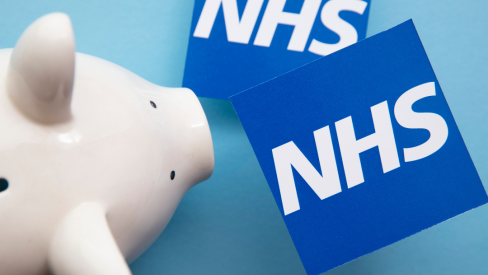

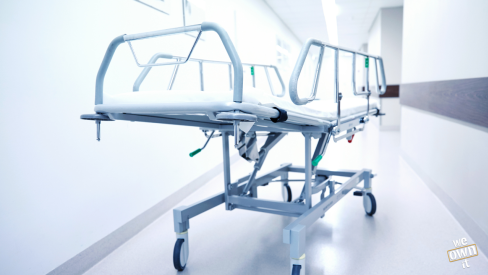
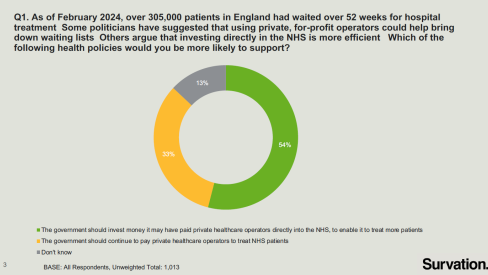
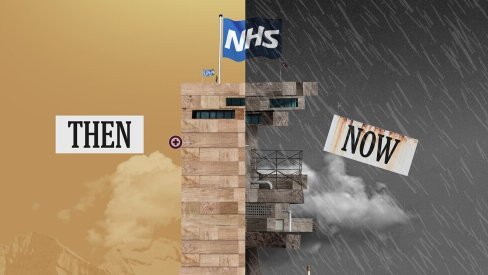
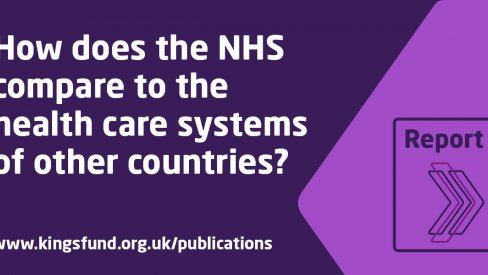

Comments
Iain Hoy replied on Permalink
Another classic example of Private Sector fraud. Charging people for high quality services, and providing next to nothing. In fact an even higher level of bare faced cheek. Hi-jacking the NHS a high profiled PUBLIC SERVICE having to provide all the talent, to keep up the charade. I wonder if the people that pay these private insurance policies know that they are being royally robbed. Paying god only knows premiums per month, for a service that the good old NHS provide 365 24/7. I sincerely hope that some of them read my comment.
Paul Gibbons replied on Permalink
This is an interesting point. I wonder if there is some confusion between private patients in NHS hospitals and private patients in truly private hospitals which are near the local DGH.
Add new comment